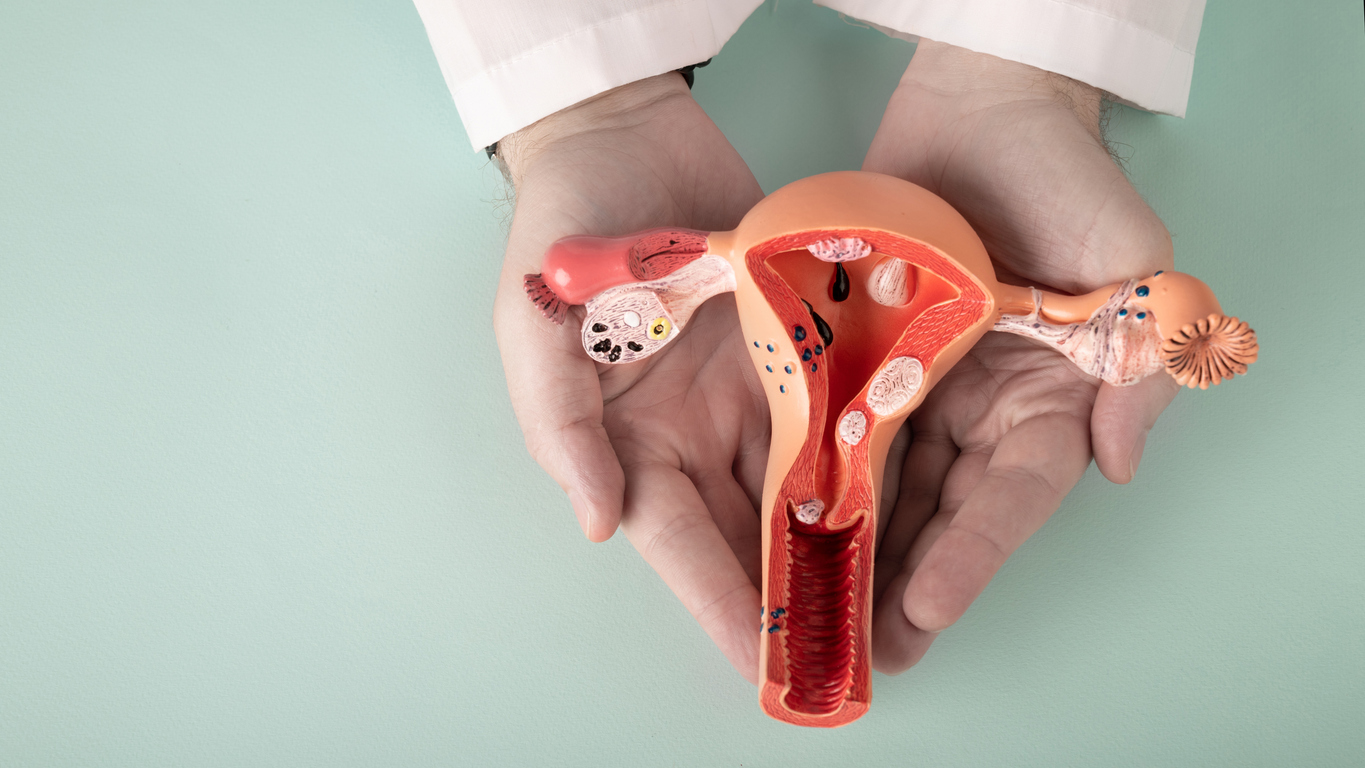2024-03-14
The IL-23/Th17 axis in the pathophysiology of endometriosis
Gynecology
Source(s) :
Danielle J Sisnett et al. The Dysregulated IL-23/TH17 Axis in Endometriosis Pathophysiology. J Immunol. 2024 Mar 11:ji2400018. ;

Last press reviews
Hypertension: a new threshold, a new challenge

By Ana Espino | Published on January 30, 2026 | 3 min read<br><br>...
Allergies: the molecular revolution is underway

By Ana Espino | Published on January 29, 2026 | 3 min read<br>
